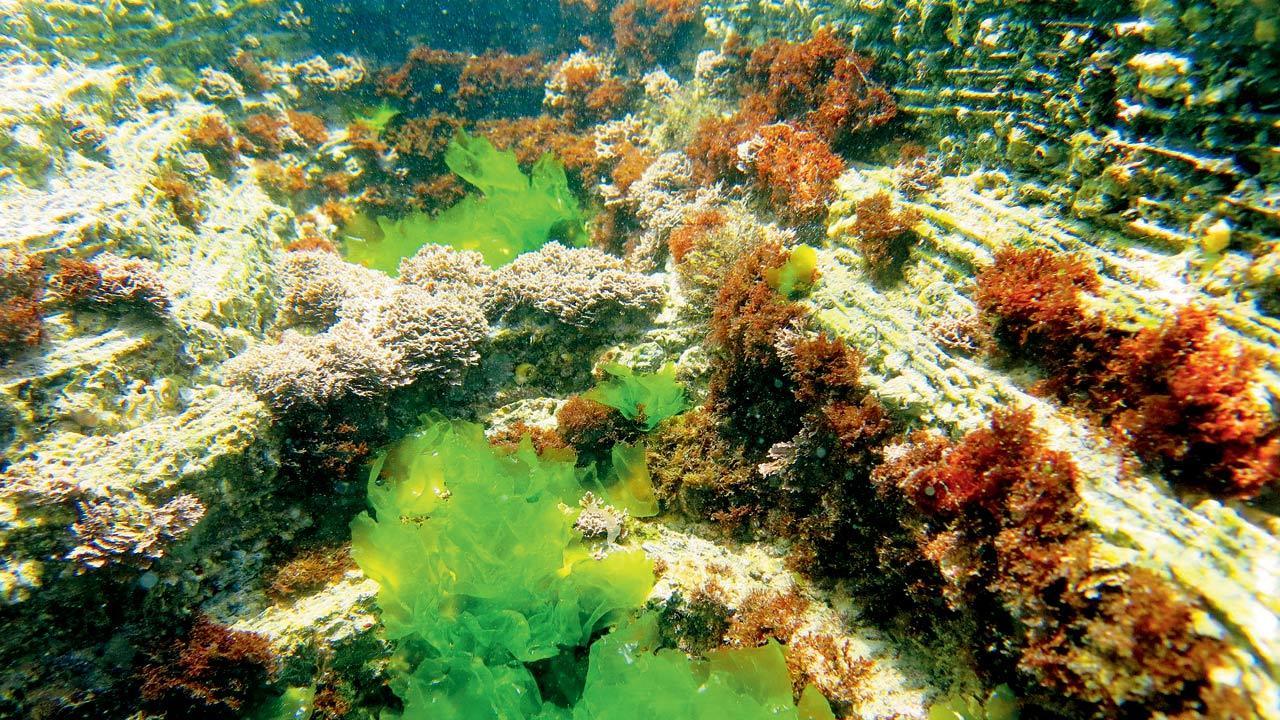Brihanmumbai Municipal Corporation says the lockdown came in the way of the process of research needed for building the wall, and that they cannot afford any further delay

The porous blocks help marine life thrive. Pic credit/Econcrete/Facebook
The BMC has dropped the plan of building the underwater wall of the Coastal Road using eco-friendly concrete blocks, which help the marine organisms settle and grow. The civic body abandoned the plan due to the COVID-19 lockdown since March and cost cutting.
ADVERTISEMENT
Experts from an Israeli company were supposed to visit the site after the Brihanmumbai Municipal Corporation (BMC) sought their expertise on building the marine-friendly wall.
As per a condition under the Coastal Regulation Zone (CRZ) clearance in May 2017, the BMC had to pay 2 per cent of the total cost of the project to The Mangrove Foundation, which initiative assists the state government in marine conservation. In addition, the BMC announced a pilot project of building a marine-friendly wall.
However, the delay happened and the civic body just gave R175 crore to the Mangrove Cell, Mumbai, for the conservation of the coastal and marine biodiversity.
"The experts were supposed to come in April, but the lockdown restricted everything. We cannot delay the project further, and since we have given funds for conservation of marine biodiversity, the foundation will use it for the protection of marine ecosystems," said Vijay Nighot, chief engineer of the Coastal Road project.
Based on the suggestions of experts from the Israeli firm, the eco-friendly concrete blocks were supposed to be placed at four locations around 25 cubic metres each in April. The civic body would have then taken the final decision after a year-long study of the growth of various marine organisms on the wall. According to the Israeli manufacturer, the structure encourages marine life, oysters and corals settle and build strong, calcium surfaces that actually make concrete walls stronger.
 Subscribe today by clicking the link and stay updated with the latest news!" Click here!
Subscribe today by clicking the link and stay updated with the latest news!" Click here!







